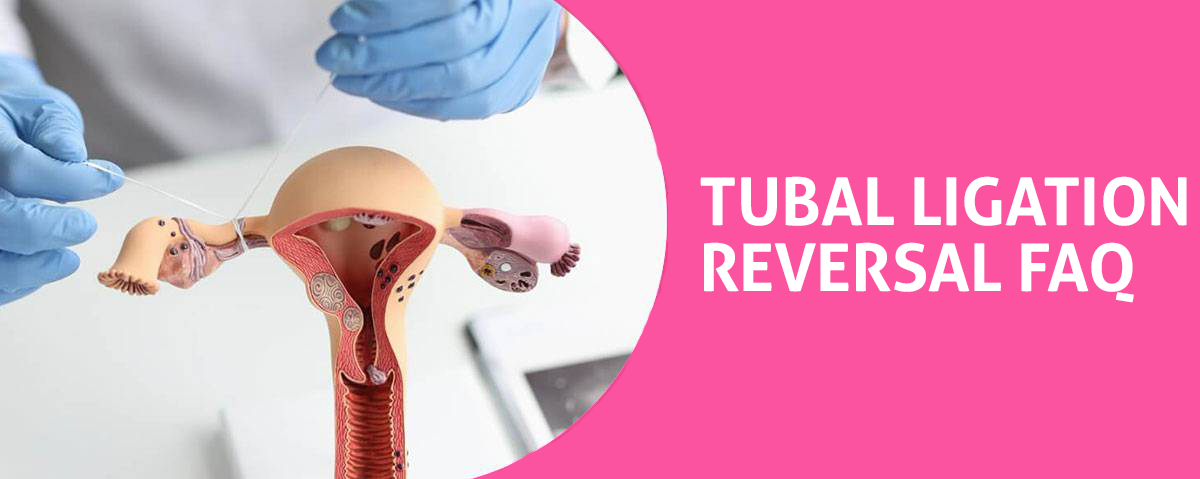How Are You Prepped for a Tubal Ligation?
Did you know one third of U.S. women opt for tubal ligation as their birth control method? It’s a significant decision that requires in-depth understanding and preparation. This article guides you through the initial consultation, pre-surgery tests, physical preparation, and emotional support needed for this procedure. We’ll unpack each stage, so you’re well-equipped to make an informed decision. Let’s get you prepared for what’s to come.
Tubal Ligation Procedure
In your journey to understand tubal ligation, it’s pivotal to grasp that it’s a surgical procedure aimed at preventing pregnancy permanently. Let’s break down the ligation methods. There are two primary ways this operation can be performed: the ‘cut and tie’ method where the fallopian tubes are cut and tied off, or the ‘clip’ method, where a clip is placed to block the tubes. Your choice largely depends on your individual circumstances and the surgeon’s expertise. Now, let’s talk about the recovery timeline. Typically, you’ll be discharged the same day, with full recovery expected within a week. However, recovery time depends on your body’s response to the surgery. It’s essential you follow your doctor’s advice for a smooth recovery.
Consultation and Pre-surgery Tests
Before you’re scheduled for a tubal ligation, you’ll need to have a thorough consultation and several pre-surgery tests to ensure you’re a suitable candidate for the procedure. During the consultation, your doctor will review your medical history, discuss the benefits and risks of the surgery, and verify your insurance coverage. Blood tests, a pelvic exam, and sometimes a hysterosalpingogram, which is an X-ray of your fallopian tubes, will be conducted to assess your overall health and specific suitability for the procedure. You’ll also be guided on a preoperative diet, which typically requires fasting for several hours before surgery to minimize potential complications. This comprehensive process is crucial in ensuring a safe and successful tubal ligation.
Physical Preparation for the Procedure
Once you’ve gone through the consultation and completed all pre-surgery tests, you’ll need to start physically preparing for your tubal ligation. This involves dietary modifications and an appropriate exercise regimen. Your doctor may recommend a balanced diet high in protein and low in sugar and salt to bolster your immune system and facilitate post-surgery recovery. Avoid eating or drinking anything after midnight before your procedure to prevent complications during anesthesia.
As for exercising, it’s essential to maintain a moderate routine. However, strenuous workouts should be avoided a few days prior to your surgery to minimize the risk of any physical strain. Remember, the goal is to enter surgery in your best possible health. Follow these guidelines to ensure you’re physically prepared.
Emotional Readiness and Support
You’ll also need to prepare emotionally, ensuring you’ve got the necessary support in place to handle this significant procedure. Emotional readiness is critical for a tubal ligation operation. This includes fostering emotional resilience, which can aid in managing stress and accelerating recovery. Coping strategies are also crucial. These might involve talking openly about your feelings and fears related to the procedure, seeking reassurance from your healthcare provider, or consulting with a mental health professional. Surround yourself with supportive individuals who understand the gravity of your decision. Consider joining a support group, online or offline, where you can share experiences and gain insights from others who have undergone the same procedure. Remember, your emotional wellbeing is just as important as your physical health.
Other Popular Questions About Tubal Ligation Reversal:
How Dangerous Is Tubal Ligation?
How Common Is Weight Gain After Tubal Ligation?
How Common Is Tubal Ligation Failure?
How Common Is Regret After Tubal Ligation?
How Common Is Recanalization After Tubal Ligation?
How Common Is It to Get Pregnant 7 Years After a Tubal Ligation?
How Can You Tell if Your Tubal Ligation Failed?
How Can You Still Have Periods After Tubal Ligation Anatomy?
How Can You Have a Period After Tubal Ligation?
How Can I Tell What Type of Tubal Ligation I Had?
How Can I Reverse Tubal Ligation?
How Can I Prevent Early Menopause After Tubal Ligation?
By using this webiste you agree to Terms and Conditions
